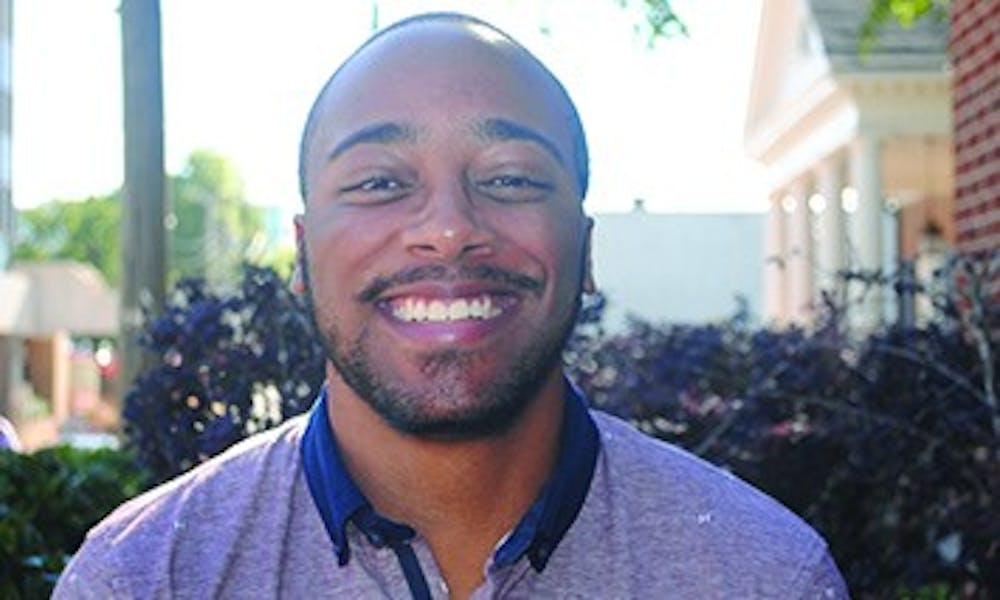On Aug. 26, San Francisco 49ers quarterback Colin Kaepernick stayed seated during the national anthem, stating that he would not “show pride in a flag for a country that oppresses black people and people of color.”
I applaud his act of protest and commend him for it.
His actions have been met with harsh criticism from countless veterans, flag-waving patriots and even a few of his peers. He has been charged with disrespecting the flag, disrespecting veterans and generally being a rabble-rouser when he should just play football.
But here’s the thing: this is bigger than football. This is bigger than the NFL, the flag or the idea of patriotism.
This is about whom Morehouse College professor Marc Lamont Hill refers to when he speaks of “a nobody” in his book, “Nobody: Casualties of America’s War on the Vulnerable, from Ferguson to Flint and Beyond.”
He states, “to be Nobody is to be vulnerable ... to be Nobody is to be subject to state violence ... to be Nobody is to be abandoned by the state ... to be Nobody is to be considered disposable.”
This is about the Black and Brown bodies that lay in the street after being disposed of by the state.
This is also about the expectations of black athletes when it comes to social and political issues. Too often, black athletes are told to be grateful for the position they’re in and to not cause trouble or bring attention to themselves or their organization.
Black athletes aren’t supposed to talk truthfully and honestly about this country’s shortcomings and absolute failures, especially if it has to do with race.




